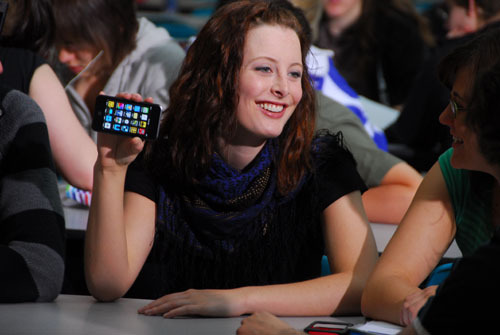
With Apple’s recent announcement that customers spent over $10 miliardi su App Store in 2013, di cui oltre $1 miliardi nel solo dicembre (sono state scaricate oltre tre miliardi di app), there can be no doubt in anyone’s mind that the app culture just continues to rise. But as apps become more and more significant in our society, are they opening up our world or are they shutting it down? How are the advantages of face to face contact as relevant when we have cutting-edge, digital toys to interact with?
Oggi in Il Global Ricerca per l'Educazione, Dr. Howard Gardner and Katie Davis discuss with me what they believe it means to be “app-dependent” contro “app-enabled,” and how life for today’s generation differs from life before the digital era. Gardner and Davis are the authors of the meticulously researched and thought-provoking book, L'App Generation: How Today’s Youth Navigate Identity, Intimacy, and Imagination in a Digital World.
Howard Gardner è il John H. e Elisabeth A. Hobbs Professore di cognizione e della formazione presso la Harvard Graduate School of Education. Katie Davis is an Assistant Professor at the University of Washington Information School, where she studies the role of digital media technologies in adolescents’ academic, sociale, and moral lives.
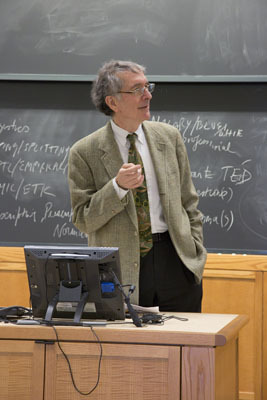
Do you believe that apps increase productivity? Se si, do you see any drawbacks?
There is no question that apps allow us to do many things more quickly and thus free us to take on more tasks and perhaps more different projects. L'importante è che l'utente rimanga in carica–che l'app consente la produttività, rather than encourage dependency. In L'App Generation, we quote Alfred North Whitehead, who says that civilization advances by virtue of the number of important operations that one can perform without thinking about them. Sounds great, at first! But then we raise the question – who is to decide what is important? We’d like to keep that decision for ourselves, rather than turning it over to any technology, no matter how clever or powerful it may appear.
What are some of the challenges adolescents experience when using apps? Per esempio, how do apps impact their physical and emotional health?
It is not the apps themselves that impact adolescents but the way adolescents use apps. Nel libro, we distinguish between app-enablement and app-dependence. Adolescents who are app-enabled use apps as jumping off points to spark their imaginations, explore their interests, and forge new relationships or strengthen existing ones. The affordances of new media technologies may be particularly beneficial to those youth who, in a pre-internet, pre-app era, had difficulty finding an outlet for their creativity or a community with which to share their non-mainstream interests.
In contrasto, adolescents who exhibit app-dependence will look to apps before they look inside themselves for answers to questions, for interpersonal connection, even for providing their sense of themselves. Such dependence can also have physical ramifications like sleep deprivation. Many adolescents find it difficult to put the phone away at a reasonable hour when there is a plethora of apps at their fingertips, many of them extremely “sticky.”

In today’s competitive online social world, “fame” is largely about who has the most likes and/or the most followers. Many believe that those individuals who have championed the art of digital fame are the most creative and also have the strongest sense of identity. Would you agree or disagree and why?
We would strongly disagree. Creativity denotes the ability to come up with something that is original and that ultimately affects how other people see and act. Identity denotes a sense of self with which one is comfortable, and that also makes sense to those with whom one lives and interacts.
There is no reason to assume that digital fame precludes creativity and a strong sense of identity – Justin Bieber and Beyoncé may have both. We argue that the ‘branding’ modeled by apps encourages slick and superficial identities, rather than ones that are forged gradually through a variety of experiences in a variety of settings over time. We doubt that Albert Einstein (an outstanding creator) or Nelson Mandela (with his powerful sense of identity) would have spent much time on Facebook!
Can you briefly explain the positive and negative ways you believe technology can promote intimacy?
Our work has focused particularly on the new digital technologies. Social media, dating apps, and the like certainly make it possible to get in touch with many people and can help us find someone who shares our backgrounds, interessi, aspirations. These options are especially helpful for persons who are eccentric.
We believe, tuttavia, che la vera intimità richiede alle persone di stare insieme, faccia a faccia di un lungo periodo di tempo, e di avere conversazioni multi-sfaccettati, including ones that may be difficult or sensitive. To the extent that technology attempts to substitute superficial or asynchronous contacts for lengthy and deep ones, mina l'intimità.
Kids experience bullying and invasion of privacy in both a face-to-face world and a digital world. Do you believe one world is any worse than the other, e perché?
No matter how it is experienced, bullying is painful. And as authorities like Emily Bazelon have emphasized, it is ultimately destructive as well for the bully. In face-to-face bullying, you at least see the reaction of the other person – depending on how sadistic the bully is, that direct confrontation of eyeballs can either exacerbate or undercut the bullying.
There is one facet of bullying today that is infinitely worse than in earlier times. It can now – and often does – occur 24-7, not just in school or on the playground. Victims often cannot keep from accessing their messages, thereby playing right into the keystrokes of the bully, night and day.
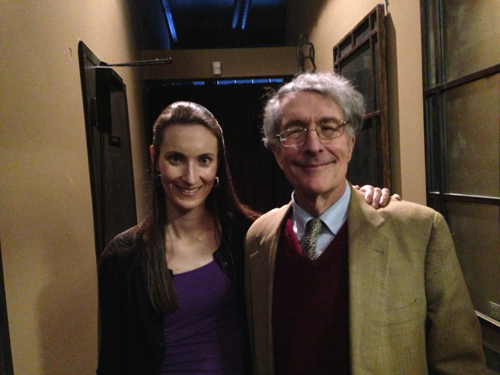
Apps are here to stay. How can we preserve the best practices of face-to-face interaction while engaging these tools which define a new generation?
What are the advantages of face-to-face interaction? We would say having the opportunity, as well as the obligation, to monitor how the other person is reacting to our message – whether it be a message of love, of disagreement, or threat. It is simply more difficult to ignore the ‘pragmatics’ of a statement when it is uttered in your presence – complete with tone of voice, with facial and bodily expression, e soprattutto, with eyes – looking at you directly, or squinting out of the corner of your eye, or averting your eyes altogether. And it is more difficult for others to ignore il tuo feelings, passioni, and intent as well.
The challenge of maintaining face-to-face interaction begins at home and continues at school. If parents model such direct interaction with one another and with friends and family, then young persons will understand its configuration and its effectiveness. The same point obtains with respect to school – what teachers and older peers model is what will be learned and practiced.
One thing is sure: if adults themselves avoid face-to-face interactions, then young people will as well. Huge dimensions of human experience will be lost – imagine Mona Lisa peering at her device, or Rhett Butler and Scarlett O’Hara communicating via Facebook or Twitter.
Thinking ahead perhaps ten years from now, what additional research should be done to evaluate the benefits and drawbacks of apps?
A question that we researchers love to hear! We’d be particularly interested in the effects, on young and old, of putting aside their devices for awhile, and spending time in ‘app-free’ ambienti. No doubt there would be initial frustration but we speculate – more technically, noi hypothesize – that individuals will discover aspects of themselves, their environments, and their peers that have been obscured by our current over-dependence on devices and apps.
On the positive side, we are interested in the differences between apps that enable (allow us to do things that we could not do before) and apps that make us dependent (apps that cut off options and leave us without skills or understanding should we find ourselves deprived of the apps). Anything that we can do to promote app-enablement will be very important.
And as the ultimate reward there is app-transcendence – the capacity, at will, to toss aside the apps and the devices and let our imaginations and skills reign free. Our poster boy for app-transcendence: Steve Jobs!

Pictures are courtesy of Government of Alberta, Howard Gardner and Dwight School Seoul.
Nel Global Search per l'Educazione, unirsi a me e leader di pensiero di fama mondiale tra cui Sir Michael Barber (Regno Unito), Dr. Michael Block (Stati Uniti), Dr. Leon Botstein (Stati Uniti), Il professor Argilla Christensen (Stati Uniti), Dr. Linda di Darling-Hammond (Stati Uniti), Dr. Madhav Chavan (India), Il professor Michael Fullan (Canada), Il professor Howard Gardner (Stati Uniti), Il professor Andy Hargreaves (Stati Uniti), Il professor Yvonne Hellman (Paesi Bassi), Il professor Kristin Helstad (Norvegia), Jean Hendrickson (Stati Uniti), Il professor Rose Hipkins (Nuova Zelanda), Il professor Cornelia Hoogland (Canada), Onorevole Jeff Johnson (Canada), Sig.ra. Chantal Kaufmann (Belgio), Dr. Eija Kauppinen (Finlandia), Segretario di Stato Tapio Kosunen (Finlandia), Il professor Dominique Lafontaine (Belgio), Il professor Hugh Lauder (Regno Unito), Il professor Ben Levin (Canada), Signore Ken Macdonald (Regno Unito), Il professor Barry McGaw (Australia), Shiv Nadar (India), Il professor R. Natarajan (India), Dr. PAK NG (Singapore), Dr. Denise Papa (Stati Uniti), Sridhar Rajagopalan (India), Dr. Diane Ravitch (Stati Uniti), Richard Wilson Riley (Stati Uniti), Sir Ken Robinson (Regno Unito), Professor Pasi Sahlberg (Finlandia), Il professor Manabu Sato (Giappone), Andreas Schleicher (PISA, OCSE), Dr. Anthony Seldon (Regno Unito), Dr. David Shaffer (Stati Uniti), Dr. Kirsten Immersive Are (Norvegia), Cancelliere Stephen Spahn (Stati Uniti), Yves Theze (French Lycee Stati Uniti), Il professor Charles Ungerleider (Canada), Il professor Tony Wagner (Stati Uniti), Sir David Watson (Regno Unito), Professor Dylan Wiliam (Regno Unito), Dr. Mark Wormald (Regno Unito), Il professor Theo Wubbels (Paesi Bassi), Il professor Michael Young (Regno Unito), e il professor Zhang Minxuan (Porcellana) mentre esplorano le grandi questioni educative immagine che tutte le nazioni devono affrontare oggi. Il Global Ricerca per l'Educazione della Comunità Pagina
C. M. Rubin è l'autore di due ampiamente lettura serie on-line per il quale ha ricevuto una 2011 Premio Upton Sinclair, “Il Global Ricerca per l'Educazione” e “Come faremo a Leggere?” Lei è anche l'autore di tre libri bestseller, Compreso The Real Alice in Wonderland.
Segui C. M. Rubin su Twitter: www.twitter.com/@cmrubinworld


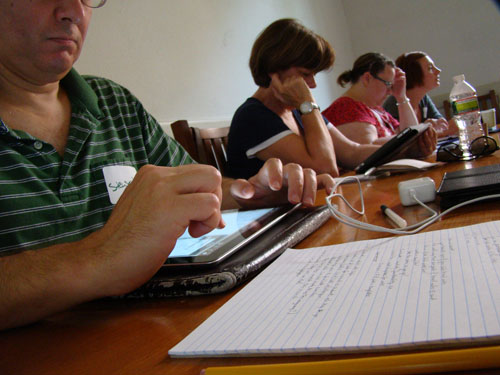

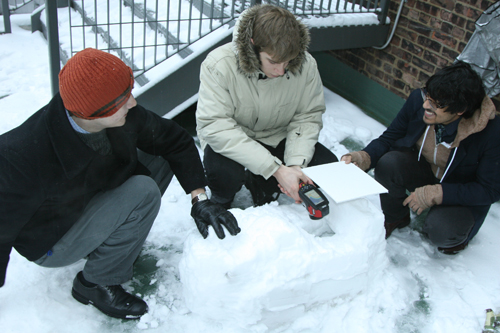
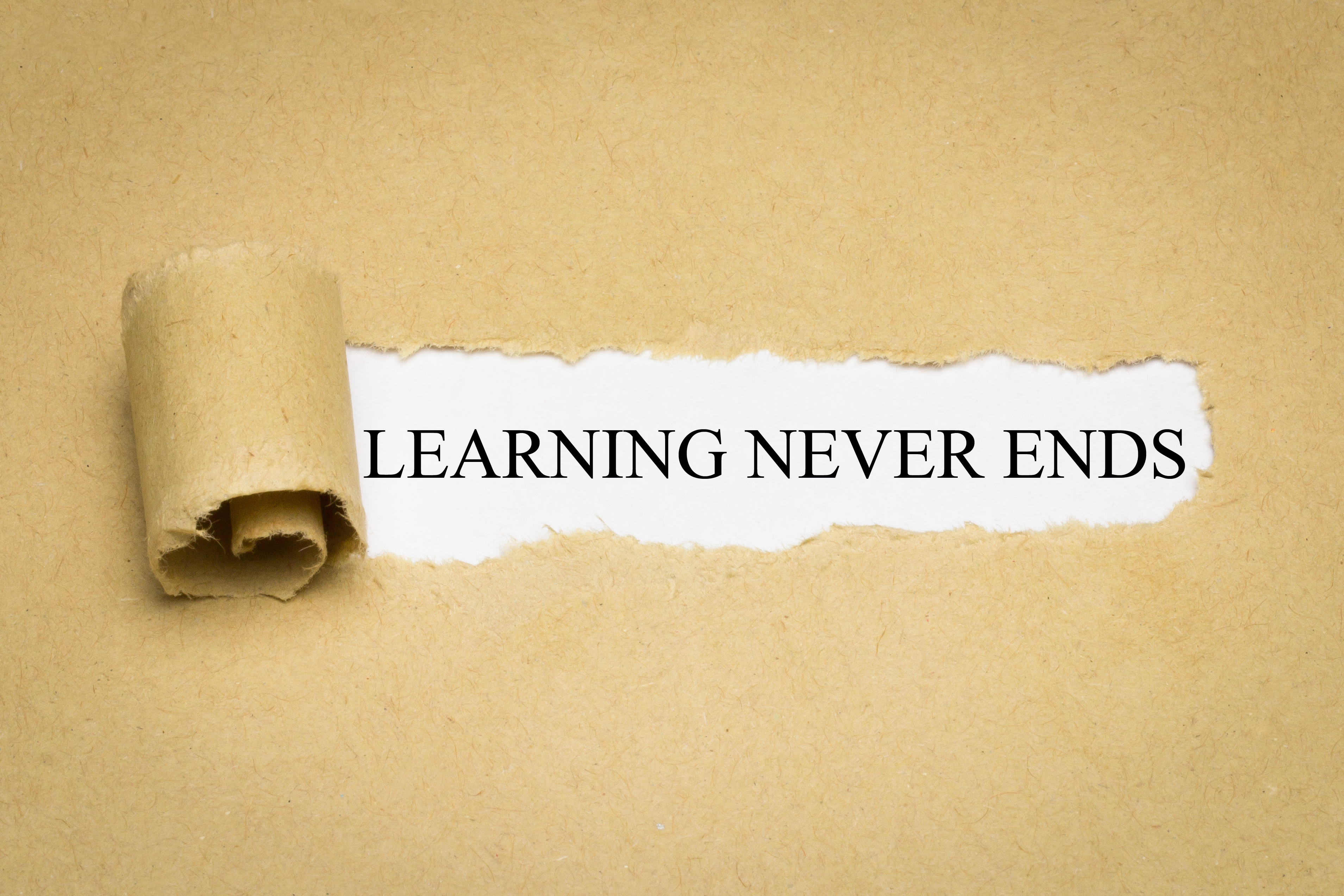
Commenti recenti